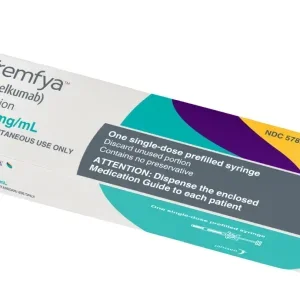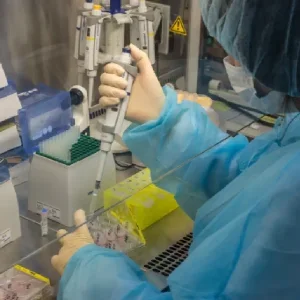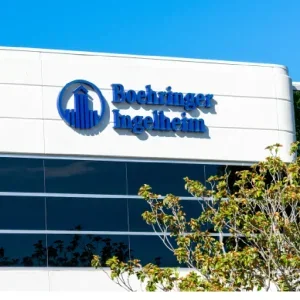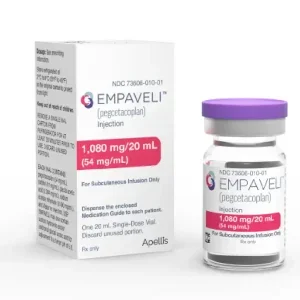Chinese pharmaceutical company MediLink Therapeutics has teamed up with Swiss drugmaker Roche to develop YL211, a next-generation antibody-drug conjugate (ADC) against cancers.
Under the collaboration and license agreement, Roche will obtain exclusive global rights to develop, manufacture, and commercialise MediLink’s cancer drug candidate YL211.
In exchange, MediLink will receive $50m in upfront and near-term milestone payments and additional milestone payments that potentially bring the total deal value to around $1bn.
The Chinese drugmaker will also receive tiered royalties on future global annual net sales.
Roche’s R&D unit, the China Innovation Centre of Roche (CICoR), and MediLink will jointly work to initiate the Phase 1 clinical trial of YL211.
The Swiss drugmaker will take over the further development and commercialisation worldwide.
YL211 is a next-gen ADC candidate, designed to specifically target the c-Mesenchymal epithelial transition factor (c-Met), which belongs to the receptor tyrosine kinase (RTK) family.
The c-Met transition factor is closely associated with tumour formation, aggressive growth, and metastasis, making it a critical target for treating epithelial-mesenchymal transition.
The c-Met targeting therapies show efficacy in treating solid tumours. However, there is a significant unmet medical need that can be addressed by providing better treatment options.
MediLink said that YL211 leverages its new-generation TMALIN ADC platform technology, along with a highly specific c-Met antibody.
Tumour Microenvironment Activable LINker-payload (TMALIN) is a novel ADC platform technology developed by MediLink, using its independent intellectual property rights.
The platform uses a dual cleavage mechanism both intracellularly and extracellularly, harnessing the power of the tumour microenvironment and traditional lysosomes.
MediLink said the TMALIN platform offers high hydrophilicity, high homogeneity DAR value, high in-vitro and in-vivo stability, and tumour accumulation characteristics.
TMALIN, in multiple CDX and PDX models, along with tox studies, has shown a wider therapeutic window compared to existing ADC technologies.
YL211 is currently at the IND stage and showed promising efficacy and safety in various preclinical models and safety evaluation experiments, said the Chinese pharmaceutical company.






